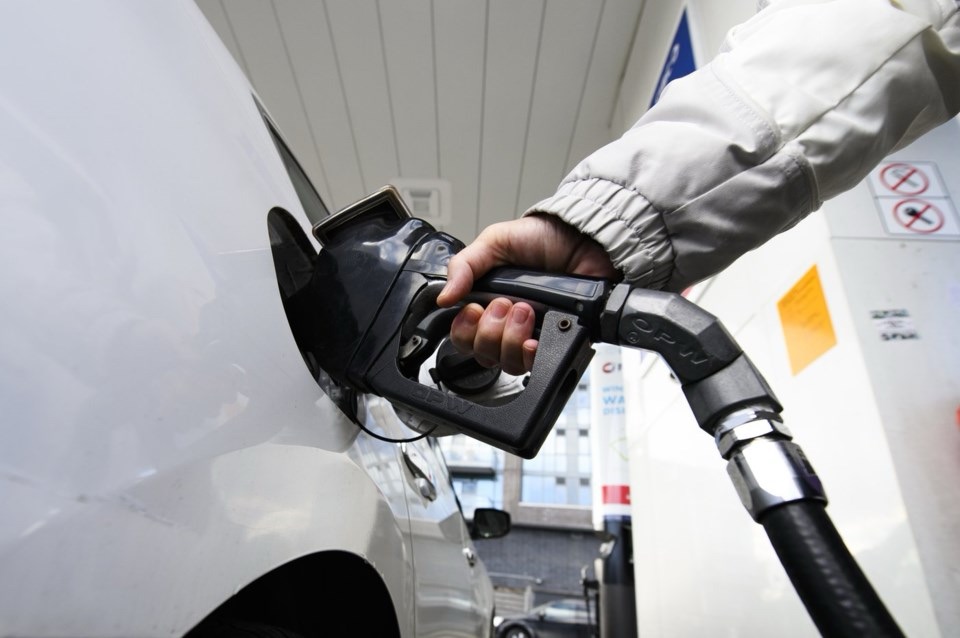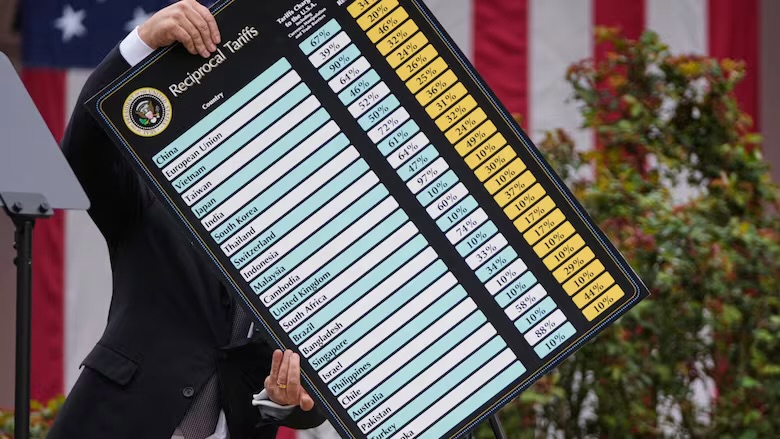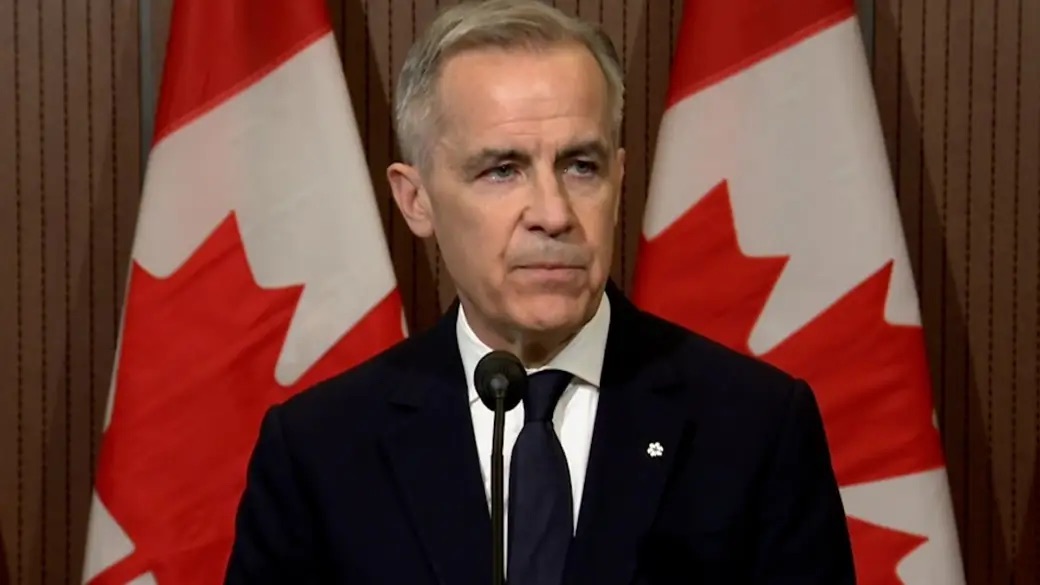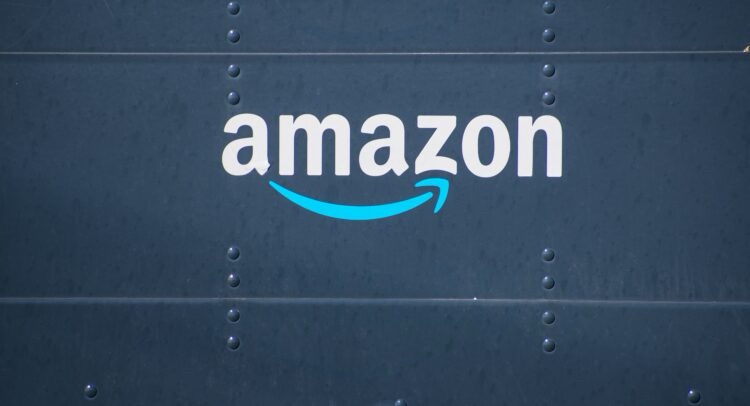- British Columbia eliminated its consumer carbon tax, dropping the rate to $0 effective April 1, 2025. The announcement sent ripples through the province as drivers witnessed an overnight decrease of approximately 17 cents per litre at the gas pumps and homeowners felt a relief on their heating bills with a 15-cent reduction per cubic meter of natural gas.
- Canada’s federal carbon charge ended nationwide under the leadership of Prime Minister Mark Carney. As of the same day, Canadians saw savings of over 20 cents per litre on gasoline and nearly 25 cents on diesel, instantly shifting the fiscal climate for transport and agriculture sectors.
- B.C. fast-tracked legislation overnight using an arcane parliamentary maneuver. Critics accused the provincial government of circumventing debate, leaving many stakeholders scrambling to respond to changes that took effect almost immediately without broad consultation.
- Opposition parties condemned B.C.’s rushed process, voicing concerns that the tax cut creates a $2 billion hole in the provincial budget. Lawmakers argued that while affordability is a pressing issue, fiscal chaos and environmental setbacks could follow.
- The EU introduced CBAM simplifications, unveiling new rules that support trade partners and small emitters. A 50-tonne emissions exemption threshold and a delay in carbon certificate purchasing until 2027 suggest a more measured approach to the green transition—balancing climate goals with economic pragmatism.









